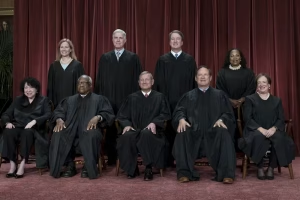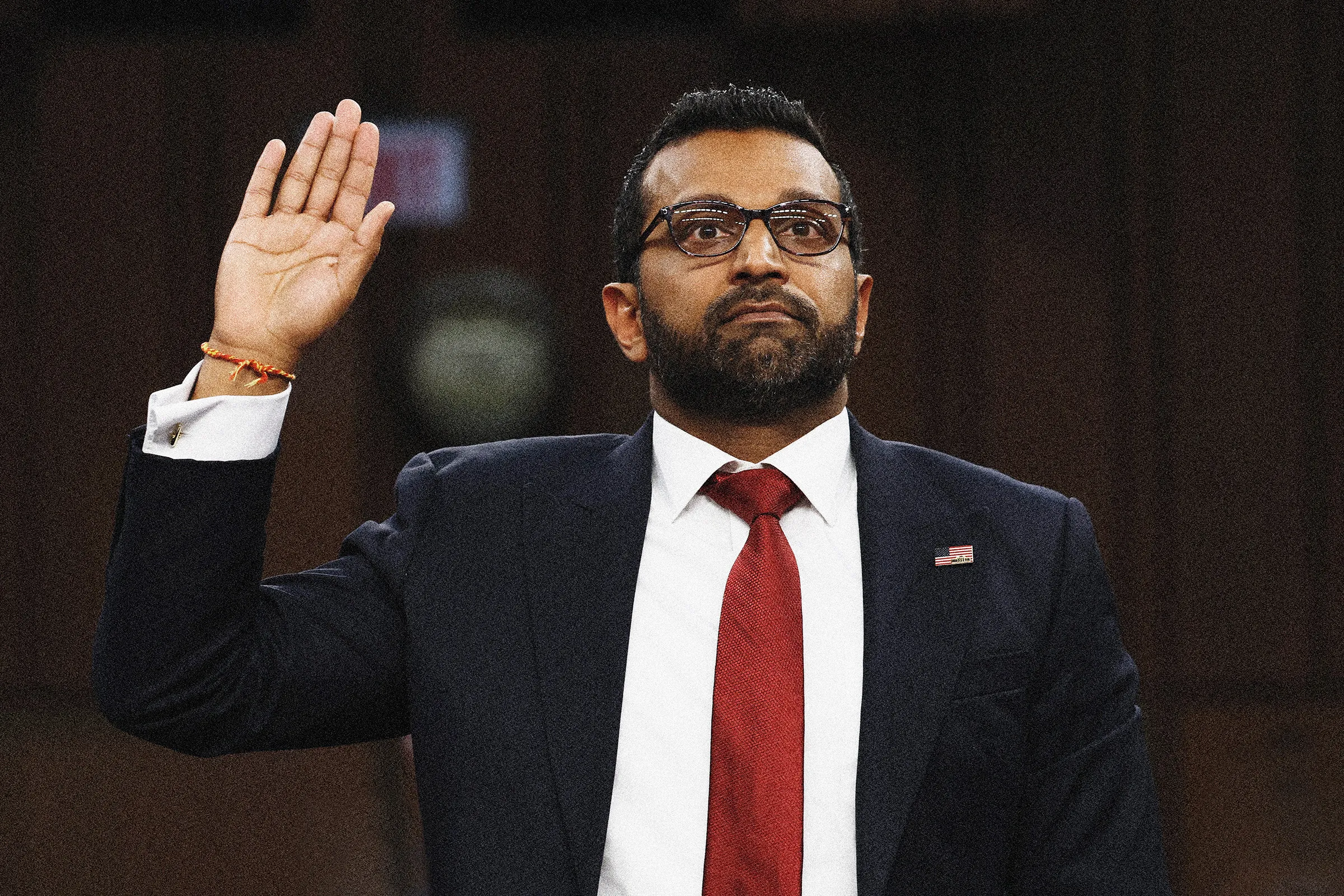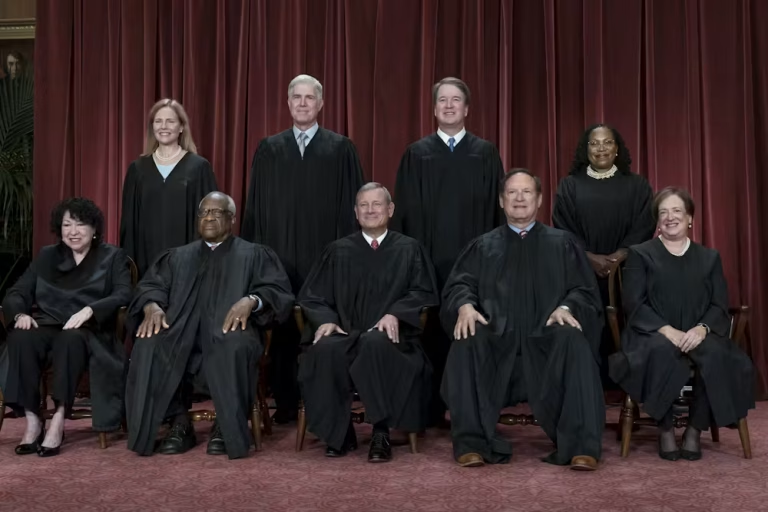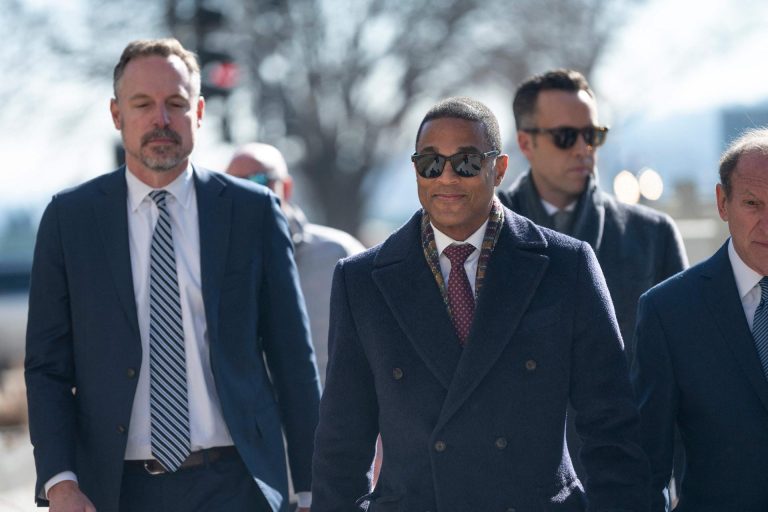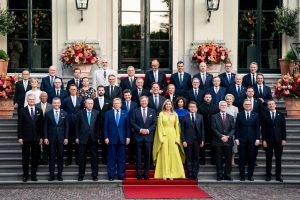NOTE: Patel’s X-post at the end of the article.
FBI Director Kash Patel is preparing to testify before Congress with what he claims is direct evidence that the Bureau, under his predecessor Christopher Wray, actively suppressed investigations into Chinese interference during the 2020 presidential election. According to Patel, internal documents and communications reveal that Wray misled both lawmakers and the public about the scope of foreign meddling—particularly from the Chinese Communist Party—during one of the most pivotal elections in recent American history.
In his upcoming testimony, Patel is expected to present internal FBI records showing that the Bureau had opened inquiries into potential Chinese election influence operations but later shut them down prematurely. These moves, Patel says, were made not due to a lack of evidence, but because the findings conflicted with preferred political narratives. “The American people deserve to know what was buried,” Patel reportedly told House investigators in a closed-door meeting ahead of his public appearance.
The documents Patel plans to introduce allegedly include emails, investigative summaries, and internal directives that point to an intentional downplaying of Chinese activities, despite concerns raised by field agents and analysts. Patel argues that critical intelligence was sidelined in order to protect the Bureau from political fallout during a highly charged election year.
Patel’s claims are already drawing sharp interest from Republican lawmakers, many of whom have long accused the FBI of political bias and selective enforcement. Members of the House Oversight and Judiciary Committees are expected to launch further inquiries based on Patel’s testimony, and some are already calling for public release of the materials he intends to submit.
This testimony could mark a significant turning point in ongoing congressional probes into federal law enforcement conduct. While concerns about Russian interference dominated headlines during and after the 2020 election, Patel’s evidence suggests Chinese operations were more widespread than previously acknowledged—and that the Bureau’s leadership at the time may have deliberately kept those findings from surfacing.
The FBI has not yet issued a formal response to Patel’s accusations, but pressure is mounting. If the documents prove to be as damaging as Patel suggests, they could ignite a fresh wave of scrutiny over how intelligence agencies handle politically sensitive threats, particularly when foreign adversaries are involved.
Patel’s appearance before Congress is expected within days, and it may bring new clarity—or controversy—to the ongoing debate over election integrity, national security, and trust in the institutions charged with protecting both.

Sarah Mitchell is a bestselling novelist recognized for her insightful and emotionally resonant stories that explore the complexities of human relationships. Originally from Denver, Colorado, Sarah grew up in a family of teachers who nurtured her curiosity and love for storytelling. She studied psychology at Stanford University, where she became fascinated by the intricacies of human behavior—an interest that would later shape her writing career. Sarah’s novels are praised for their nuanced characters, intricate plots, and ability to capture the subtle tensions that define love, friendship, and family ties. Her breakthrough novel, The Spaces Between Us, became an instant bestseller, lauded for its honest portrayal of strained family relationships and the fragile bonds that hold people together. Since then, she has published several works that continue to captivate audiences around the world. Outside of her writing career, Sarah is passionate about mental health advocacy and often partners with organizations to promote awareness and support for those struggling with emotional well-being. Her personal life is quieter—she enjoys hiking in the Colorado mountains, practicing yoga, and spending time with close friends. With each new book, Sarah Mitchell cements her reputation as a writer who illuminates the beauty and struggles of human connection.


